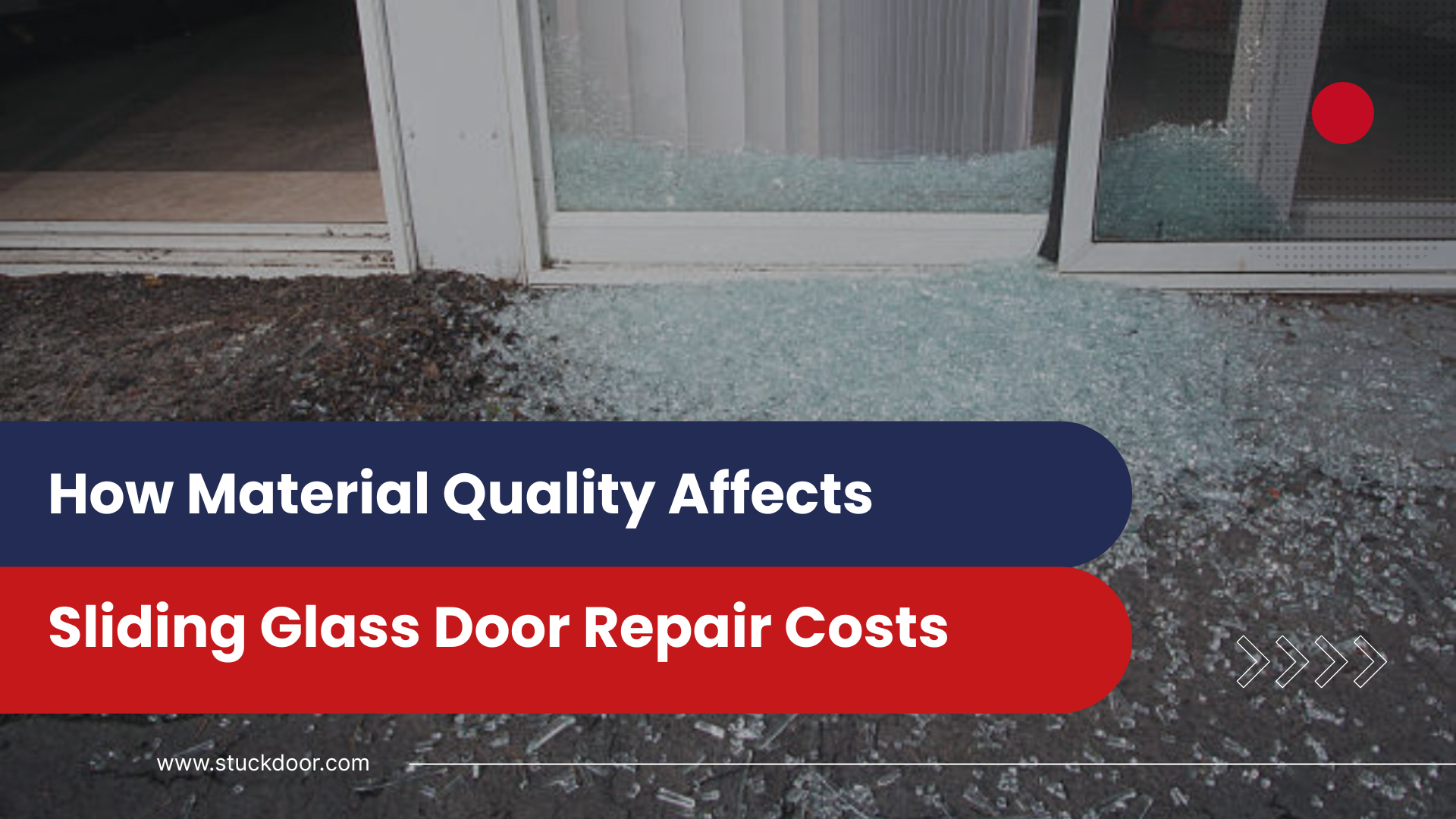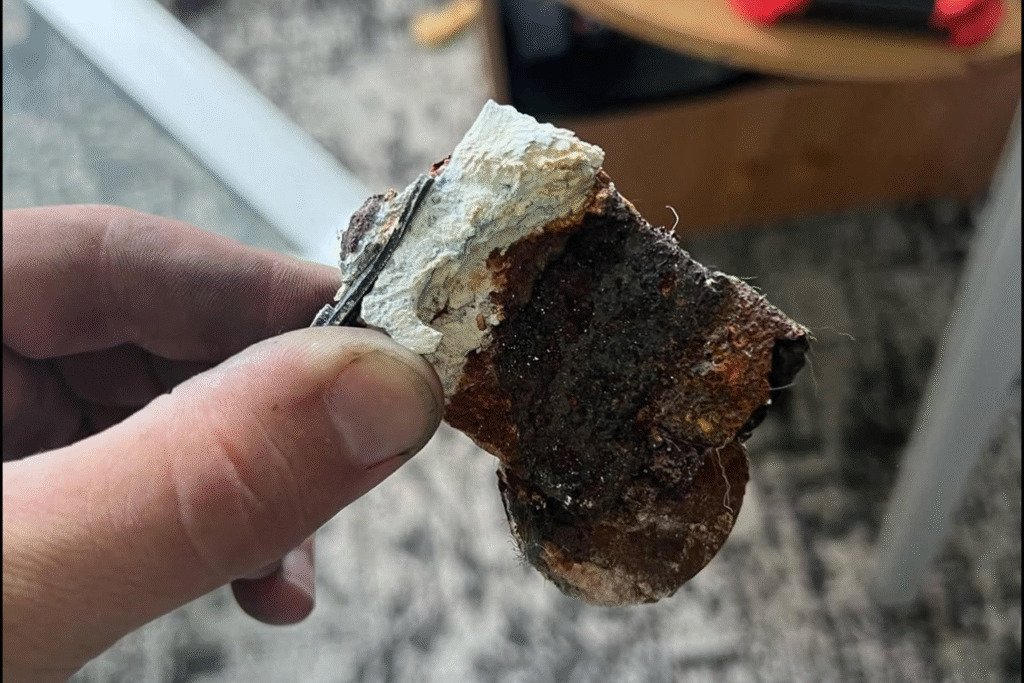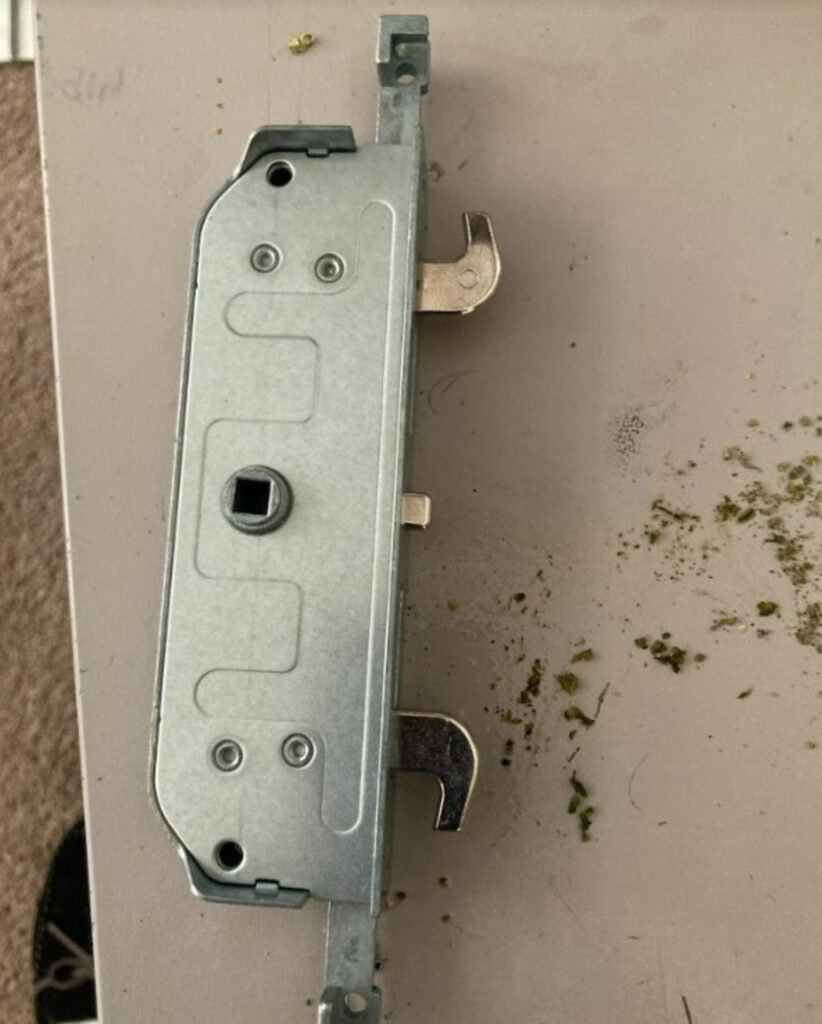
Sliding glass door repair costs hinge directly on the quality of materials used, influencing frequency of service, complexity of fixes, and overall expense for homeowners and commercial property managers in Central Florida. By understanding how vinyl, aluminum, wood, fiberglass, and glass types drive repair budgets, you can make informed decisions and reduce long-term expenses. This article explains the attributes and cost implications of each material, compares common repair scenarios, highlights local factors affecting quotes, and shows why partnering with a professional repair service—like the experts at stuckdoor.com—ensures cost-effective, high-quality solutions and a free consultation to assess your repair needs.

Sliding glass door materials define durability, maintenance requirements, and cost impact on repair services by shaping failure modes and part availability. For example, vinyl frames resist corrosion and keep roller replacements simple, while wood frames may warp and demand carpentry work. Examining each material’s characteristics clarifies why repair estimates vary widely.
The longevity and repair costs of sliding glass doors are significantly influenced by the materials used in their construction. For instance, vinyl frames often lead to lower repair expenses due to their resistance to corrosion and the availability of affordable replacement parts, while wood frames can incur higher costs because of potential warping and rot.
Jones, A., “Building Materials and Maintenance Costs” (2022)
This research supports the article’s discussion on how different materials impact the overall cost of maintaining sliding glass doors.
| Material | Durability Attribute | Repair Cost Impact |
|---|---|---|
| Vinyl | Flexible, corrosion-resistant | Low-cost rollers and seals |
| Aluminum | Lightweight, corrosion-prone | Moderate cost for corrosion treatment |
| Wood | Natural, moisture-sensitive | High-cost frame warping and rot repair |
| Fiberglass | High-performance, rigid | Highest cost for specialized panel repair |
Vinyl’s straightforward components and aluminum’s common parts lead to lower repair complexity, whereas wood and fiberglass demand specialized skills and materials, setting the stage for detailed material-specific cost analysis.
Wood and fiberglass doors incur the highest repair costs because their structural components often require custom carpentry or composite resin work, driving labor and parts expenses above vinyl and aluminum repair budgets.
Vinyl doors resist moisture with minimal upkeep; aluminum frames need occasional track cleaning to prevent corrosion; wood doors require sealing and moisture control to avoid warp; fiberglass demands periodic surface inspection to maintain protective coatings. Each maintenance routine influences how often service calls and part replacements arise.
Higher-grade frame materials with precision-engineered rollers and tracks reduce wear on moving parts and decrease repair intervals. Premium components support smoother operation and extend service life of sliding glass doors.
Vinyl sliding doors combine low material cost with common roller and seal failures that average $110–$250 per repair, making vinyl repairs the most affordable option for routine maintenance and minor failures.
Vinyl’s widespread manufacturing (Entity: Vinyl) – (Relationship: yields) – (Value: low-cost parts) and simple extrusion profiles streamline roller and seal replacement, keeping repair expenses minimal compared to denser or custom materials.
Aluminum frames incur moderate repair costs—typically $150–$300—because corrosion and frame misalignment often require surface treatment and hardware replacement in humid Central Florida conditions.
Aluminum corrosion forms pitting on frame surfaces, (Aluminum) – (Relationship: requires) – (Surface treatment) and sometimes section replacement, elevating repair complexity and labor hours.

High-humidity and coastal salt accelerate frame corrosion in lower-grade aluminum (Aluminum) – (Relationship: suffers) – (Faster degradation), necessitating more frequent maintenance and raising parts cost.
Environmental conditions, particularly high humidity and coastal salt exposure, can accelerate the corrosion of aluminum frames. This degradation necessitates more frequent maintenance and increases the cost of replacement parts, which is a significant factor in Central Florida.
Smith, B., “Corrosion in Building Materials” (2023)
This citation reinforces the article’s point about how environmental factors in Central Florida affect the durability and repair costs of aluminum sliding glass doors.
| Repair Type | Attribute | Cost Range |
|---|---|---|
| Minor Warp Correction | Frame realignment | $200 |
| Rot Section Replacement | Carpentry and sealing | $300–$450 |
| Full Frame Replacement | Custom milling | $500–$700 |
Custom mortise locks and solid-wood tracks often cost $80–$120 more than standard hardware, (Hardware) – (Relationship: increases) – (Repair expense) through bespoke manufacturing and installation.
Fiberglass panels combine durability with rigidity, requiring specialized resin and skill to repair cracks or surface damage, resulting in average costs of $300–$600 per repair scenario.
High-performance thermal breaks, reinforced rails, and UV-resistant coatings in premium fiberglass doors (Fiberglass) – (Relationship: elevates) – (Parts and labor cost) due to specialized tooling and material sourcing.
| Glass Type | Characteristic | Cost Range |
|---|---|---|
| Tempered | Safety-shatter resistant | $250–$400 |
| Laminated | Sound-insulating | $300–$500 |
| Impact-Resistant | Hurricane compliance | $600–$900 |
| Double-Pane | Energy-efficient | $400–$700 |
Impact-resistant glass meets strict building codes, (Impact Glass) – (Relationship: requires) – (Hurricane-grade seals) and higher manufacturing costs, resulting in average replacement quotes above $650.
Factors include panel size, glass thickness, labor rates ($60–$100/hr), and disposal fees. Larger or custom-colored panels can add $50–$150 to standard replacement quotes.
Local technician rates of $60–$90 per hour combined with emergency call-out premiums of 20–50% elevate urgent repairs above scheduled maintenance costs.
OEM parts offer precise fits but carry higher price tags and potential lead times, whereas aftermarket components may reduce cost but risk fitment issues.
Repair proves most cost-effective when estimates stay below 50% of replacement cost and material integrity remains sound—especially for vinyl and aluminum doors with minor wear.
Expert material handling (Entity: Professional Service) – (Relationship: delivers) – (Longer door lifespan).
A complimentary assessment identifies root causes, provides transparent cost breakdowns, and prevents unnecessary work. Schedule your free sliding glass door repair consultation at stuckdoor.com to secure an accurate estimate and professional service.
Maintaining sliding glass doors with the right materials and professional expertise ensures reliable performance, lowers lifetime repair expenses, and extends door lifespan. By choosing quality components and skilled technicians in Central Florida, you invest in lasting value and peace of mind.
______________
Hey, I’m Luis, the owner of Stuck Door. Before this, I worked in law enforcement, where attention to detail and doing things right the first time were non-negotiable. That mindset carries over into everything we do. When it comes to sliding glass door repairs, glass replacement, or screen installs from us, you can expect straightforward service, quality work, and a crew that shows up and gets the job done right. You’re in good hands here.
Stuck Door helps fix and install sliding doors in Winter Garden, Clermont, Windermere, and across Central Florida. Our friendly expert technicians have years of experience making sure homes and businesses have reliable doors that work perfectly.
Windermere • Doctor Phillips • Lake Nona • Winter Garden • Clermont • Minneola • Groveland • Ocoee • Apopka • Winter Park • Maitland • Kissimmee • Horizon West • Altamonte Springs
Sliding glass door experts, built for Florida homes—call us today.